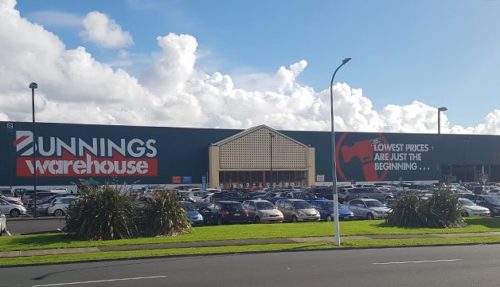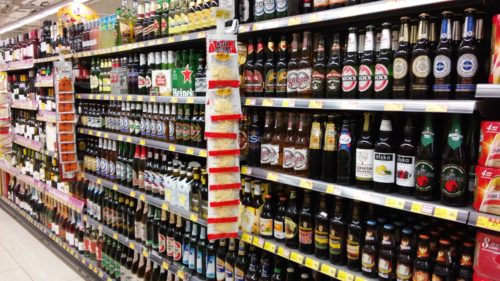 Government Ministers met last night and have provided further guidance on essential services that can continue to operate after midnight tonight.
Government Ministers met last night and have provided further guidance on essential services that can continue to operate after midnight tonight.
MBIE Deputy chief executive Paul Stocks said the purpose of escalating New Zealand’s COVID-19 alert level to 4 was to stop the virus in its tracks and reduce contact between people.
“That’s why we need as many businesses as possible to close their premises now if our one shot at beating the virus is to be successful,” Mr Stocks said.
“Only the businesses absolutely essential to ensure the necessities of life, like supermarkets and pharmacies, can stay open. If in doubt, the business premises should be closed.
“So unfortunately the Warehouse needs to close its shops. Leaving them open to the general public creates too high a risk of further spreading the virus.
Mr Stocks says “big box” retailers like Bunnings, Placemakers and Mitre 10 can stay open to trade customers for essential purposes only.

“These retailers play an important part in the construction supply chain, but they cannot sell goods to the general public.”
Businesses that are a critical part of the supply chain for essential services are also able to continue operating, but must do so in a way that is safe.
“For example, if you make chemicals that are needed for our waste water plants, then we need you to keep operating at the minimum level required.”
In addition, dairies can continue to operate, but must observe strict physical distancing rules for customers.
“Dairies provide basic food items like bread and milk to people close to where they live, especially the elderly who may not be able to get to a supermarket. However, they will need to operate a strict ‘one-in one-out’ policy and they won’t be allowed to sell food prepared on the premises.
“If any dairy breaks the rules, we will shut it down. If there is evidence of systemic abuse, we will remove them from the essential services list.
“Food delivery services like Uber Eats and Deliver Easy pose a risk to human health. We cannot guarantee every kitchen operates strict food preparation controls or that everyone who works in a kitchen is well. Evidence overseas suggests the virus has been spread via poor food hygiene practices, so it’s a real risk we have to eliminate.
“For clarity, every restaurant, café and bar must close all aspects of their operation, including delivery.
“Delivery of food that is not pre-cooked will be allowed under strict health conditions. Many New Zealanders now receive their food via a delivery company and are in effect no different to a supermarket delivery option.

“Most people are able to purchase alcohol at supermarkets. On that basis liquor stores are being treated as other non-essential retail outlets and must close. The only exception to this are Licencing Trust Areas where there is nowhere else to purchase alcohol. These stores must operate a ‘one-in one-out’ policy.
“We are doing further work on online ordering of non-food products for home delivery to see if this type of retail can be conducted safely. We will update advice on this once further decisions are made.
“COVID-19 alert level 4 is not business as usual and means there will be significant restrictions on what New Zealanders are able to purchase. However, these changes are essential to stop the spread of the virus.
“We are ready to change the list if necessary. If we discover there are essential services that have not been made available we will react to that as we go.”
Further details on essential services:
- Dairies to stay open, with “one-in one-out” rule
- Food delivery prohibited, except meals on wheels and delivery of food not pre-cooked
- Liquor stores closed, unless within a Licensing Trust Area and with “one-in one-out” rule
- Self-service laundries can stay open, two-metre physical distancing to be enforced
- Retirement villages included as an essential service
- The Warehouse to close stores to the public
- Bunnings, Placemakers, Mitre 10 and other retailers essential to the supply chain for building and construction can stay open to trade customers for essential purposes only
- The Tiwai Point smelter exempt from closure
- NZ Steel shut down in a way that allows for production to recommence easily
- Pulp and paper plants to shut down non-essential elements in a way that allows for production to recommence easily while maintaining essential production
- Methanex to remain in production, but at a scale consistent with stability of gas supply.









